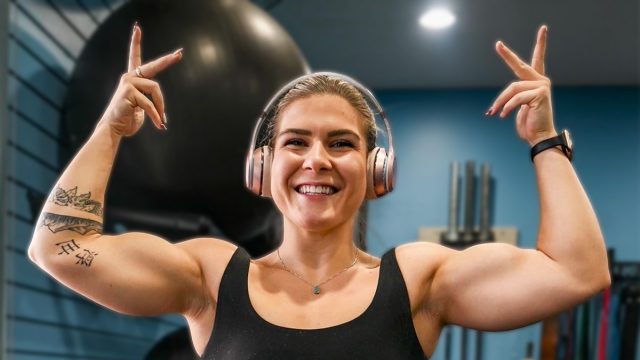3 Reasons Why Your Last Diet Didn't Work, According to Health Coach
Colette Morr is a fitness coach, influencer, and "sustainable health coach," who shares realistic diet and fitness tips with her followers. One of her main goals is "helping busy people gain confidence in their health" and also feeling "their best by restoring their metabolism & ditching the yo-yo diets." In a recent post she reveals three key reasons why most diets fail – and also what you can do to avoid that happening. "Why your last diet failed you? You are NOT the problem, your method is," she writes in her post. Body Network also consulted our Resident RDN, The Diet Diva, Tara Collingwood, MS, RDN, CSSD, LD/N, ACSM-CPT, a Board Certified Sports Dietitian, co-author of the Flat Belly Cookbook for Dummies, to weigh in on the topic and offer her own piece of advice.
Unrealistic Time Frame
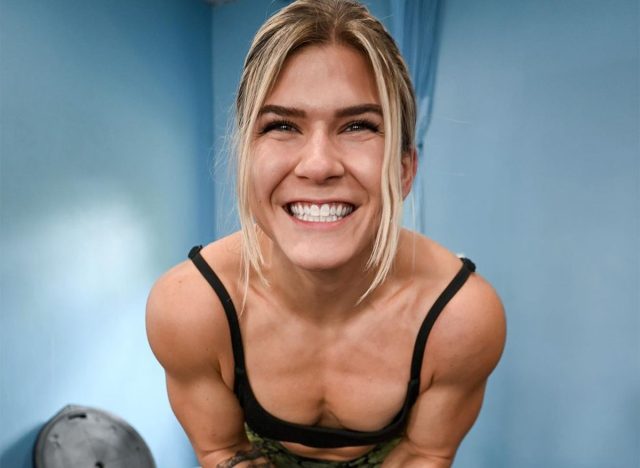
The first reason your diet might have failed you is an unrealistic time frame, she claims. "Dieting should not be long term. Long term dieting can cause numerous health issues such as destroying your metabolism, developing nutrient deficiencies and other medical complications," she writes. "Many people attempt to diet before their metabolism can handle a caloric deficit which just pushes them further from their weight loss goal."
RELATED: The Best Full-Body Home Workout For Small Spaces
Too Much Restriction
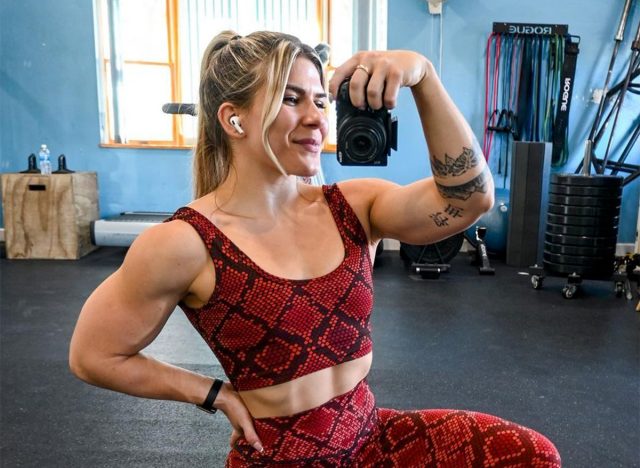
Another reason you could be failing is too much restriction. "You CAN eat the foods you enjoy and still reach your goals. WHATTT?? I KNOW, WIILD!" she exclaims. "If your diet has been cutting out foods or routines you love entirely then you are less likely to follow through because it is not enjoyable for you."
You Are Following Diet Fads
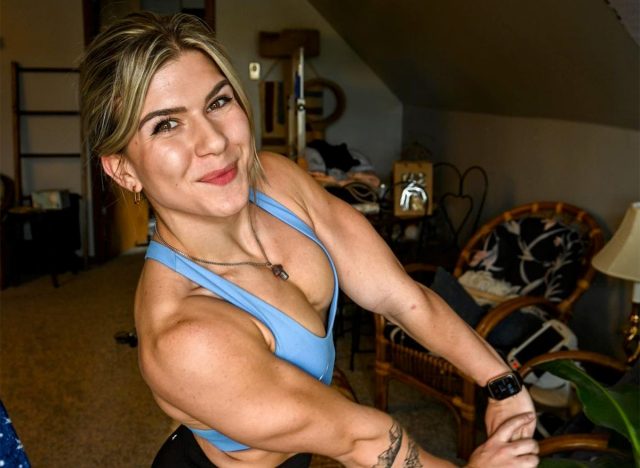
Diets shouldn't be a one-size fits all solution. "There is a new dieting fad every few years and guess what? None of these trends consider YOUR body and YOUR health conditions," says Colette. "Over time this creates a terrible mindset because you compare yourselves to others and wonder why weight loss won't work for you when you are COMPLETELY different people."
Related: The Ultimate Guide to Getting Fit as a Pear Body Type
Here Is What Our Expert Thinks
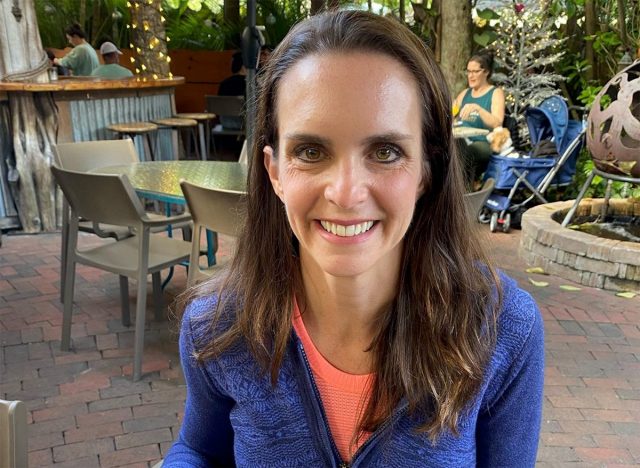
If you are "dieting" short term, "then it is not going to last anyway," says Collingwood. "It's better to cut small amounts and make swaps that are sustainable rather than just think of a diet as short term. That creates a yo-yo effect of weight loss and weight gain when you go off the diet." As for giving up all fun, it "is not sustainable," she agrees. "Figuring out how to include some of the foods you enjoy but watch portions and how often you are eating them is key," she says. As for diets, "find a plan that works for you," she recommends. "If you get light headed or super crabby when you don't eat for long periods of time then time restricted eating or intermittent fasting is not for you. If you are a vegetarian then a super high protein diet is difficult to achieve. Think about what your major barriers to weight loss are (sweet tooth, eating out too much, etc) and tackle those issues with some realistic changes."
RELATED: 13 Lifestyle Changes That Melt Away Body Fat
One More Reason: You Might Not Be Changing Your Lifestyle

Collingwood adds that your lifestyle could be the reason your diet is failing. "Another reason a diet may not work is because you are not also changing other aspects of your life like making sure you are getting enough sleep, increasing your exercise and movement throughout the day, controlling stress levels, and more," she points out. "All of these things can affect appetite and metabolism and even the best diet will not be successful if you don't also take into account these parts of your life."
💪🔥Body Booster: If your diet keeps failing, sit down and take notes about all the potential reasons why. Was it too restrictive or not conducive to your lifestyle?
